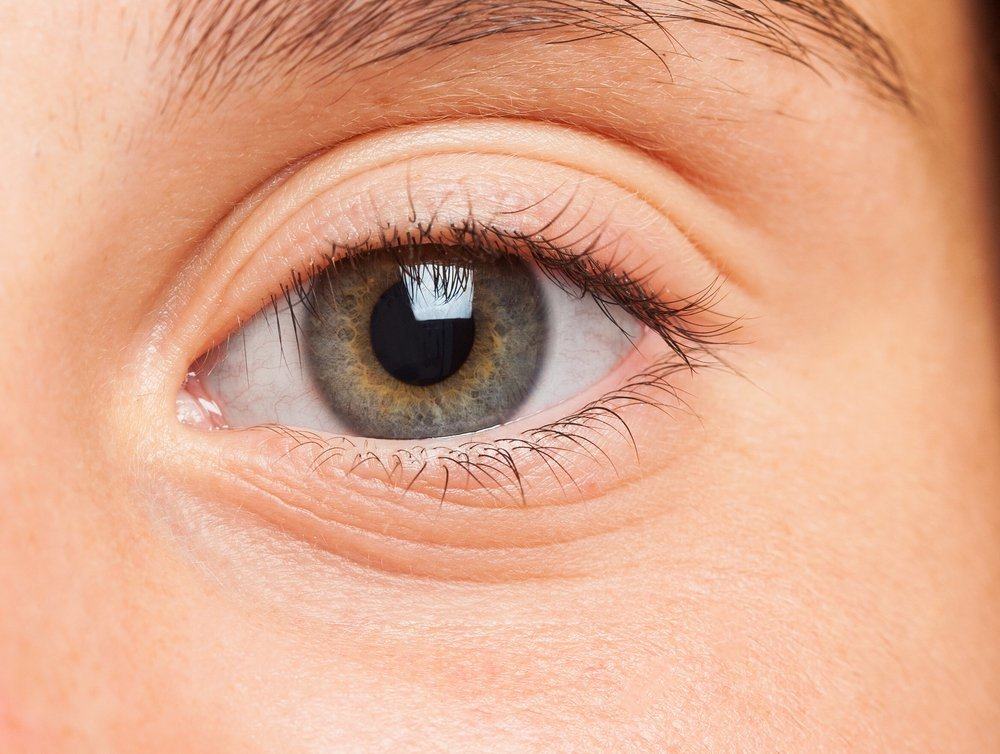Contents:
- Medical Video: Limcee Tablet Vitamin C - Benefits, Dosage, Supplements and Foods in Hindi
- Why is vitamin C important for the skin?
- What are the functions of vitamin C for the skin?
- 1. Photoprotection
- 2. Prevent wrinkles
- 3. Speed up wound healing
- 4. Prevent dry skin
Medical Video: Limcee Tablet Vitamin C - Benefits, Dosage, Supplements and Foods in Hindi
Having bright and healthy skin is everyone's dream, especially for women. Already many beauty products are sold freely to help improve skin health. One of the ingredients contained in these skin beauty products is vitamin C.
Not only from beauty products, natural vitamin C that we can get from various types of food has also long been believed to be beneficial for skin health. Actually, what are the functions of vitamin C for the skin?
Why is vitamin C important for the skin?
Vitamin C has antioxidant properties and is very important in the formation of collagen, so the presence of vitamin C cannot be separated from healthy skin. Vitamin C is found as a constituent layer of the dermis and epidermis in normal skin. However, due to the aging process, the content of vitamin C in the dermis and epidermis can decrease. Therefore, many skin care products antiaging which adds the content of vitamin C to slow down the skin aging process. Apart from aging, the vitamin C content in the skin can also decrease due to exposure to ultraviolet light and pollutants to the skin.
One way to get natural vitamin C for the skin is from food. Foods that contain vitamin C are citrus fruits (such as oranges), strawberries, broccoli, and spinach. You can also get it from taking vitamin C supplements. Vitamin C obtained from these foods will then be channeled by blood to the skin. Eating foods containing vitamin C can help improve the performance of sunscreens applied to your skin, so that your skin is protected from the dangers of ultraviolet light and prevents damage to skin cells.
What are the functions of vitamin C for the skin?
The following are some of the functions of vitamin C for your skin.
1. Photoprotection
Vitamin C can protect the skin from damage caused by exposure to ultraviolet light from the sun. This can happen because the antioxidant content in vitamin C can fight free radicals that cause skin damage. Free radicals are formed when oxygen interacts with several molecules. Then it enters the body and reacts with DNA or cell membranes, causing cell damage.
Ultraviolet light can reduce vitamin C levels in the skin. How much is lost depends on the intensity and duration of exposure to ultraviolet light on the skin. Therefore, in addition to protection from the outside by using various skin care products that contain vitamin C, protection from inside that is obtained from foods containing vitamin C is also very necessary to protect your skin from damage.
2. Prevent wrinkles
Vitamin C is a compound that is needed to form collagen, which is needed to prevent wrinkles. Vitamin C has been shown to stabilize collagen mRNA, so it can increase collagen synthesis to repair skin damage.
Research shows that a high intake of foods containing vitamin C is associated with a decrease in wrinkles on the skin, so the skin looks better. Other studies also show that using skin care products containing vitamin C for 12 weeks can reduce wrinkles on the skin, reduce damage to protein fibers, reduce skin roughness, and increase collagen production.
3. Speed up wound healing
Maybe not many know that vitamin C can accelerate wound healing. However, in the world of medicine, vitamin C is commonly used in oral therapy in people who experience compressive wounds, which occur due to too long in a sleeping position, and in people who experience burns.
Vitamin C can increase collagen synthesis and reduce the inflammatory response in the injured area. In addition, the antioxidant properties of vitamin C also help reduce damage to the wound area caused by free radicals. Therefore, vitamin C can help accelerate wound healing in healthy individuals.
The body uses vitamin C to replace damaged skin tissue with scar tissue, so that the body is faster to heal wounds. In people with low levels of vitamin C in the body, wounds may take longer to heal.
4. Prevent dry skin
Research shows that a high intake of vitamin C is associated with a reduced risk of dry skin. Vitamin C and other skin nutrients, such as vitamin E, can make the skin more moist and not dry. Therefore, to maintain skin moisture, the levels of vitamin C in your body, which is obtained from food, must be fulfilled properly.
Vitamin C apparently is also needed to maintain the health of blood vessels under the skin, which brings a lot of carrying oxygen and nutrients. This is because blood vessels under the skin are composed of collagen, where vitamin C plays a role in collagen synthesis.
READ ALSO
- Natural Ingredients for Expelling Itchy Head Skin
- Various Risks of Waxing on Skin Health
- Tips for Recognizing Harmful Skin Whitening Creams












